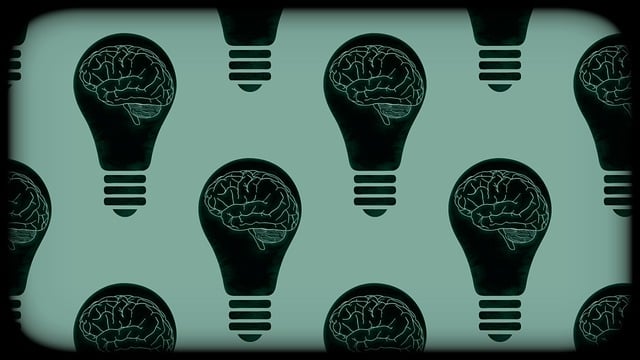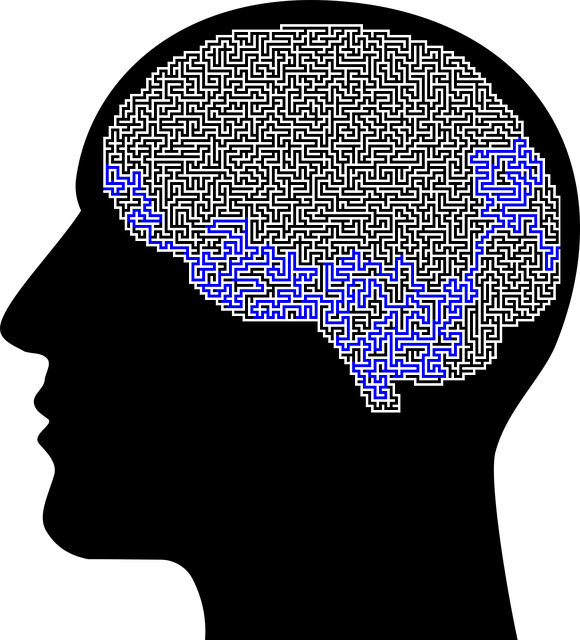Postpartum depression (PPD) is a common but often missed mental health crisis affecting new mothers. Wheat Ridge offers specialized therapy and coaching programs tailored for PPD, focusing on emotional regulation through evidence-based methods like Cognitive Behavioral Therapy (CBT). Their crisis intervention services use Mind Over Matter principles to empower clients with mood management skills. By creating safe, supportive environments, active listening, and confidentiality, therapists build trust and encourage self-care routines. Long-term care includes teaching stress reduction techniques and building support networks to prevent future depressive episodes. For PPD help, consider Wheat Ridge Postpartum Depression Therapy for recovery and improved daily life.
In today’s challenging world, crisis intervention strategies are vital in supporting individuals grappling with mental health crises, particularly postpartum depression (PPD). This comprehensive guide explores evidence-based approaches, focusing on Wheat Ridge therapy methods. We delve into recognizing PPD signs and symptoms, emphasizing the critical role of establishing trust and creating safe spaces for clients. Additionally, we discuss long-term care strategies to prevent future crises, offering valuable insights for professionals and families navigating this delicate issue.
- Understanding Postpartum Depression: Signs and Symptoms
- The Role of Crisis Intervention in Wheat Ridge Therapy
- Evidence-Based Strategies for Effective Support
- Creating a Safe Space: Establishing Trust with Clients
- Long-Term Care and Preventing Future Crises
Understanding Postpartum Depression: Signs and Symptoms

Postpartum Depression (PPD) is a common yet often misunderstood condition that can significantly impact new mothers. It’s crucial to recognize the signs and symptoms early on, as timely intervention through Wheat Ridge postpartum depression therapy can be transformative. Beyond traditional therapy, Mental Wellness Coaching Programs Development offers tailored support for emotional regulation—a key aspect of mental wellness.
The emotional and physical changes during pregnancy and childbirth can trigger a range of feelings in new mothers, from joy to overwhelming sadness or anxiety. Persistent feelings of extreme sadness, emptiness, or hopelessness; intense irritability or anger; difficulty sleeping or excessive sleep; loss of appetite or overeating; fatigue; and trouble concentrating are all potential indicators of PPD. These symptoms may persist for weeks or longer, interfering with daily life and the ability to care for oneself or one’s baby. If you or someone close to you is experiencing these signs, seeking professional help from a therapist specializing in postpartum depression in Wheat Ridge can be a vital step toward recovery.
The Role of Crisis Intervention in Wheat Ridge Therapy

In the realm of mental health support, Wheat Ridge Therapy stands out for its comprehensive approach to crisis intervention, particularly in addressing postpartum depression (Wheat Ridge Postpartum Depression Therapy). Crisis intervention strategies play a pivotal role in offering immediate and effective assistance during moments of intense emotional distress. These interventions are designed to stabilize individuals, prevent further deterioration, and guide them towards long-term recovery. By integrating the Mind Over Matter principles, therapists facilitate a shift from reactive thinking to proactive mood management, empowering clients to navigate challenging situations with resilience.
The Crisis Intervention Guidance utilized at Wheat Ridge Therapy goes beyond mere reactionary measures. It involves a structured yet flexible process that enables therapists to assess the crisis, connect with the individual’s unique experiences, and tailor interventions accordingly. This personalized approach ensures that each client receives support that resonates with their specific needs, fostering a deeper sense of understanding and empowerment. Ultimately, these strategies are instrumental in helping individuals regain a sense of control, promote healing, and cultivate healthier coping mechanisms for managing mood and emotional well-being.
Evidence-Based Strategies for Effective Support

In providing effective crisis intervention, evidence-based strategies play a pivotal role in supporting individuals navigating challenging situations, particularly when addressing issues like postpartum depression. Wheat Ridge Postpartum Depression Therapy, for instance, has shown remarkable success by integrating various therapeutic techniques that have been rigorously tested and proven to be beneficial. These include Cognitive Behavioral Therapy (CBT), which helps individuals identify and change negative thought patterns, and Mindfulness-Based Therapies, fostering present-moment awareness and emotional regulation.
The Community Outreach Program Implementation is another crucial aspect, where tailored programs reach affected populations directly. Compassion Cultivation Practices, encouraging empathy and kindness towards oneself and others, have been incorporated into such initiatives. Additionally, Self-Awareness Exercises help individuals better understand their emotions and triggers, empowering them to manage crises proactively. These strategies collectively contribute to a holistic approach in crisis intervention, ensuring that support is both effective and accessible.
Creating a Safe Space: Establishing Trust with Clients

Creating a safe space is a cornerstone of effective crisis intervention, especially in cases like Wheat Ridge postpartum depression therapy. This involves establishing an environment where clients feel secure, supported, and understood. Building trust with clients through active listening, empathy, and confidentiality fosters a sense of vulnerability, encouraging them to open up about their struggles. Therapists should ensure the space is free from judgment, allowing individuals to express their emotions openly without fear of criticism or repercussions.
This process often requires implementing strategies that promote self-care routine development for better mental health. By integrating practices like mindfulness, stress reduction techniques, and healthy coping mechanisms, clients can enhance their self-esteem improvement and overall well-being. Additionally, trauma support services may be integrated to address any underlying traumatic experiences, ensuring comprehensive care tailored to the client’s unique needs.
Long-Term Care and Preventing Future Crises

Long-term care and crisis prevention are intertwined aspects of mental health support. Following an immediate intervention, focusing on sustained recovery is paramount. This involves equipping individuals with effective stress reduction methods and emotional regulation skills to prevent future crises. By integrating these strategies into daily life, individuals can better navigate challenges and maintain their mental well-being. For instance, Wheat Ridge postpartum depression therapy offers long-term care by teaching mothers coping mechanisms and support systems to handle not just the immediate postpartum period but also the subsequent months and years.
Depression prevention plays a crucial role in this process. Through regular therapy sessions, education on recognizing early warning signs of depression, and fostering robust social networks, individuals can proactively manage their mental health. This proactive approach, coupled with continuous emotional regulation techniques, ensures that people are equipped to handle life’s stressors and avoid relapsing into depressive episodes. Additionally, learning stress reduction methods tailored to individual needs empowers them to foster resilience, a key factor in preventing future crises.
Crisis intervention plays a pivotal role in supporting individuals experiencing postpartum depression, such as those seeking therapy at Wheat Ridge facilities. By implementing evidence-based strategies, like creating safe spaces and establishing trust, therapists can offer effective short-term relief while also focusing on long-term care to prevent future crises. Understanding the signs and symptoms is key to timely intervention, ultimately fostering a supportive environment that empowers recovery. For those facing postpartum depression, Wheat Ridge therapy offers a lifeline, providing much-needed guidance during this challenging time.













